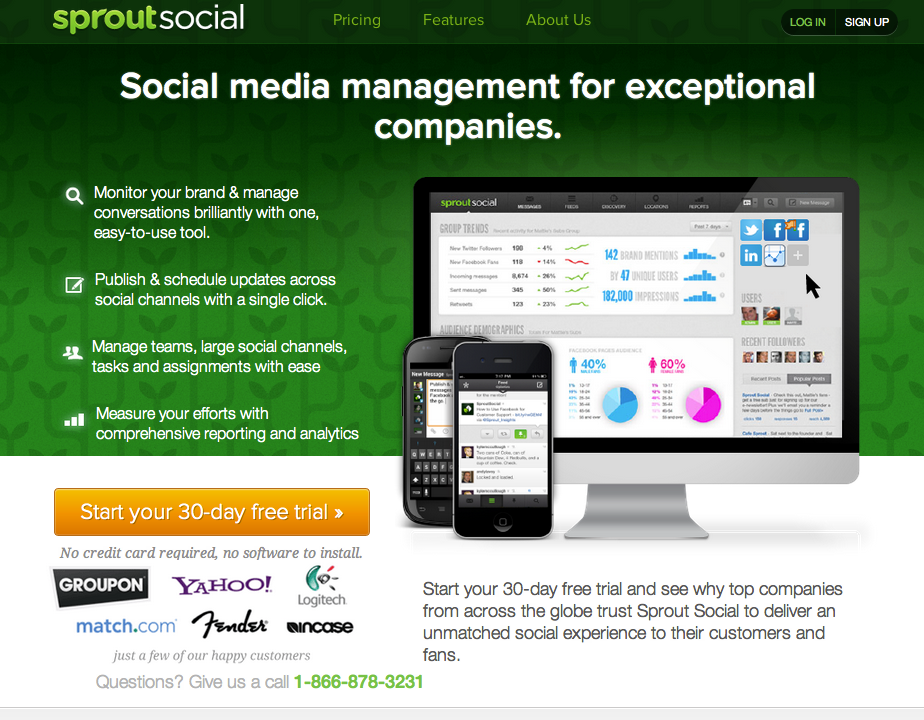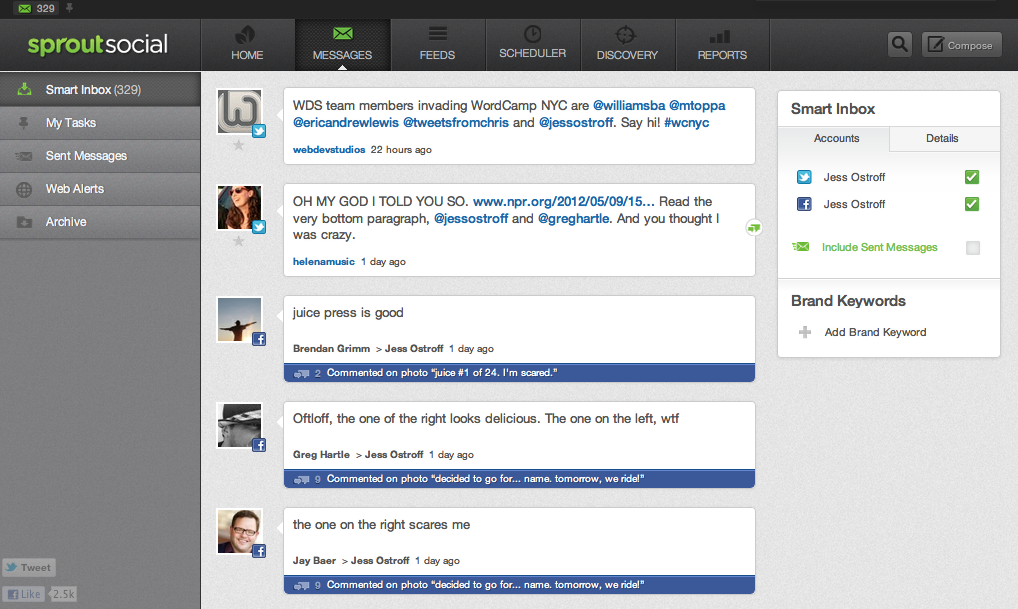An FBI Agent Reveals 5 Steps To Gaining Anyone's Trust
FARNAM STREET JAN. 20, 2014, 10:46 AM 246,925 10
the blacklist
NBC screencap
Editor's note: The five steps are listed at the bottom of the post.
I had an opportunity to ask Robin Dreeke a few questions. Robin is in charge of the Federal Bureau of Investigation's elite Counterintelligence Behavioral Analysis Program and the author of "It's Not All About Me."
Robin combines science and years of work in the field to offer practical tips to build rapport and establish trust. In this brief interview he discusses building relationships, how to approach someone you don't know and ask for a favor, and the keys to establishing trust.
A lot of people are interested in strengthening and furthering relationships. How can people do this?
This is the most important aspect of everything we do in life. I'm going to give some light science behind each of my answers but to me it just explains the subjective simple explanations behind naturally great trusting relationships.
Both anecdotal (evidence) as well as science supports the fact that the greatest happiness is found in positive social interactions and relationships. The simplest answer to this is to "make it all about them." Our brain rewards us chemically when we are able to talk and share our own views, priorities, and goals with others… long term, short term, etc. Our brain also rewards us when we are unconditionally accepted for who we are as a human being without judgement.
Both of these concepts are genetically coded in each of us (to varying degrees) because of our ancient survival instincts (ego-centrism) as well as our need to belong to groups or a tribe (tribal mentality for survival and resources). When you put these simple concepts together the answer is simple to understand, but oftentimes difficult to execute…. Speak in terms of the other person's interests and priorities and then validate them, their choices, and who they are non-judgmentally. Some people do this naturally, for the rest of us you can build this skill and it eventually becomes second nature.
Trust is a foundation to most situations in life. How can we develop trust? What are the keys?
I can only answer from my own background and experience because trust is a very difficult thing to measure and define and each individual's definition can vary and our brain takes in much more than verbal information when determining trust. For me and what I teach I start with what I said in question one. Trust first starts with a relationship where the other person's brain is rewarding them for the engagement with you by doing what I outlined above.
Part two of my trust process is to understand the other person's goals and keeping their goals and priorities on the top of my list of goals and priorities. By making the other person's goals and priorities yours, trust will develop. Over time (some people faster than others) a need to reciprocate the kindness and relationship will build. In other words, trust is built faster and stronger when there is no personal agenda.
What's the best way to approach someone you don't know and ask them for a favor?
Using sympathy and seeking help is always the best. If you can wrap the help / favor you are looking for around a priority and interest of the individual you are engaging, the odds of success increase. Add social proof (i.e., others around you helping already or signed a petition etc.) and you increase it even more. Again, focus on how you can ask a favor while getting their brain to reward them for doing so.
What are some strategies to build rapport while giving a talk, presentation, or interview?
Ego Suspension / self-deprecating humor… Make it all about them! How is the information you are chatting about going to benefit them? Talk about the great strengths and skills they each have already and that all you hope to do is to have them understand their strengths even better and be able to pass them on to others more effectively if they want to. Validate every question and opinion non-judgmentally. If you don't happen to agree, simply ask "that's a fascinating / insightful/ thoughtful opinion… would you mind helping me understand how you came up with it?" Again, their brain will reward them on multiple levels for this.
I suspect you spend a lot of time trying to figure out if people are manipulating you or the situation? Can you talk about this? How can you tell when people are attempting to manipulate you?
I'll start by saying I don't like the word manipulate. The word tends to objectify people and removes the human being from the equation. When people feel they are objects, trust will not be built. I tend to not think of anyone trying to manipulate me but at times a very self-serving agenda becomes evident. This is what manipulation generally is…. a self-serving agenda where the other person feels used with no reciprocity.
When I notice that there may be an overabundance of a self-serving agenda (manipulation) I don't judge the person negatively. I try to explore two areas in order to understand them better. (go back to my first answers here… this process begins to build a relationship and trust :)) I try to understand what their objective is and why that is their objective.
What are they trying to achieve, etc. I will also attempt to understand why they felt a certain way of communicating with me would be effective for them in the situation. I tend to ask questions to help them think about how they might be more successful in their objectives using other methods… such as I outlined above.
In other words, help them achieve whatever objective with me they had…. because wasn't that their goal after all? :) See… keep it always coming back to them.
If you had to give a crash course in building a relationship with someone, what are the top 5 things people need to do? What carries the bulk of the freight so-to-speak?
1) Learn… about their priorities, goals, and objectives.
2) Place… theirs ahead of yours
3) Allow them to talk…. suspend your own need to talk.
4) Seek their thoughts and opinions.
5) Ego suspension!!! Validate them unconditionally and non-judgmentally for who they are as a human being.
If you haven't already, check out Robin's Ten Techniques for Building Quick Rapport With Anyone.

 Crowdbooster
Crowdbooster






